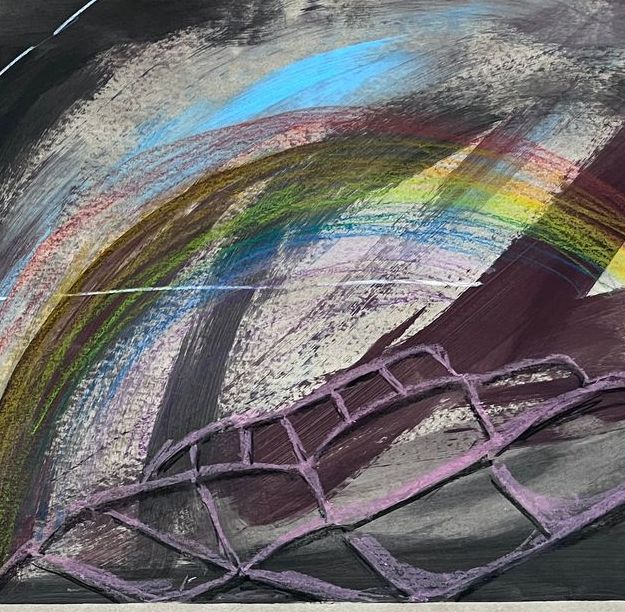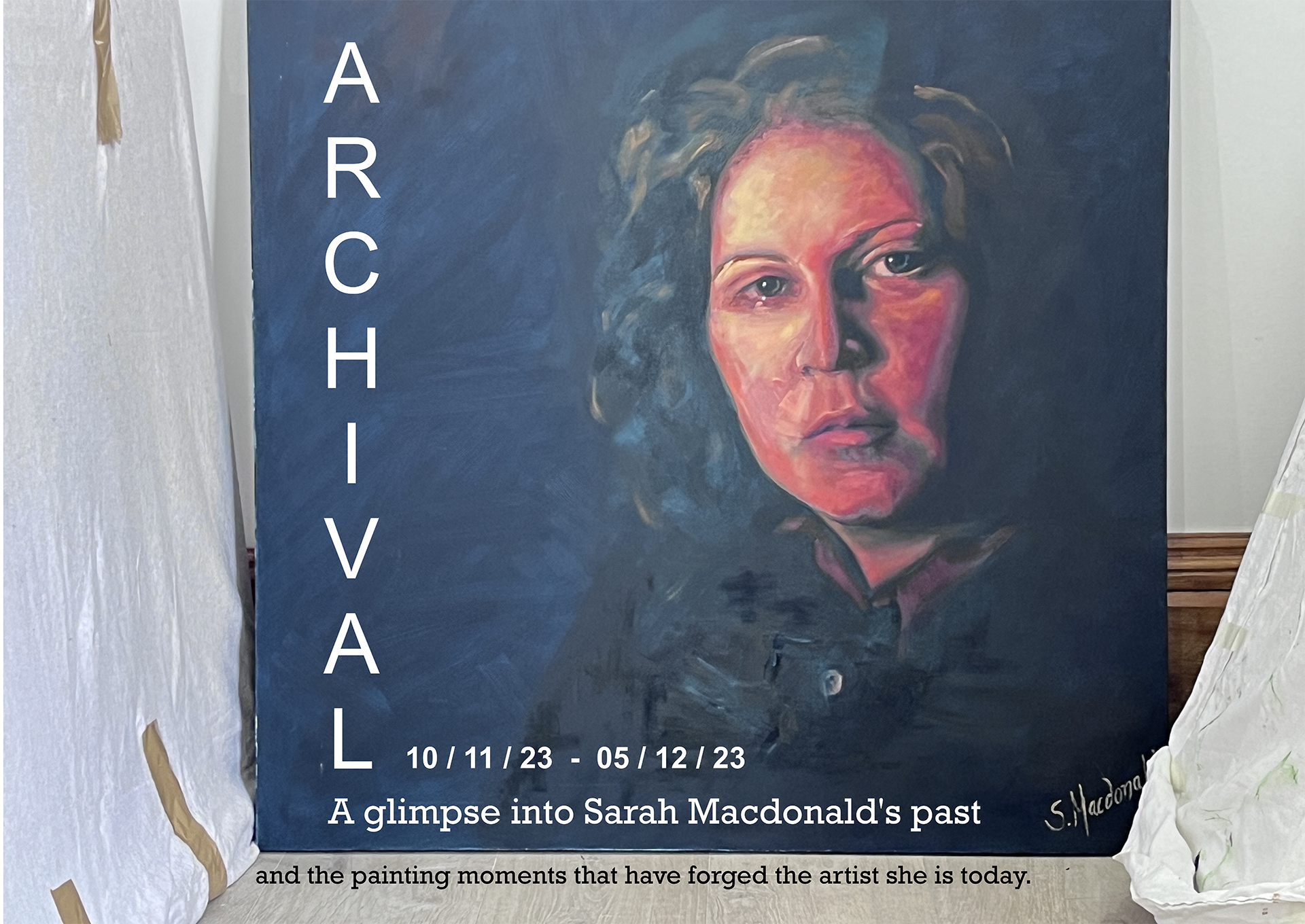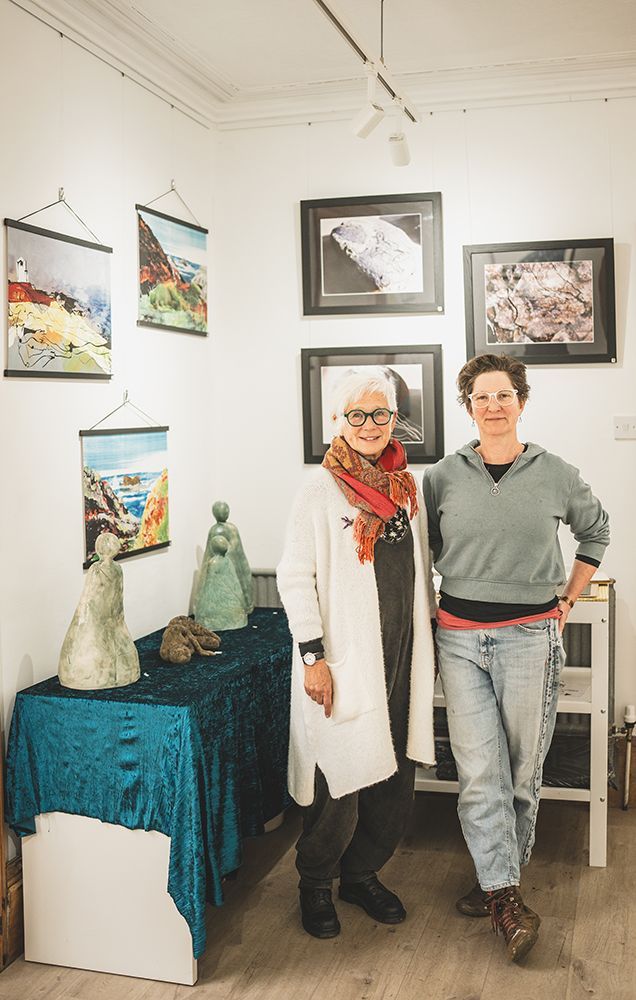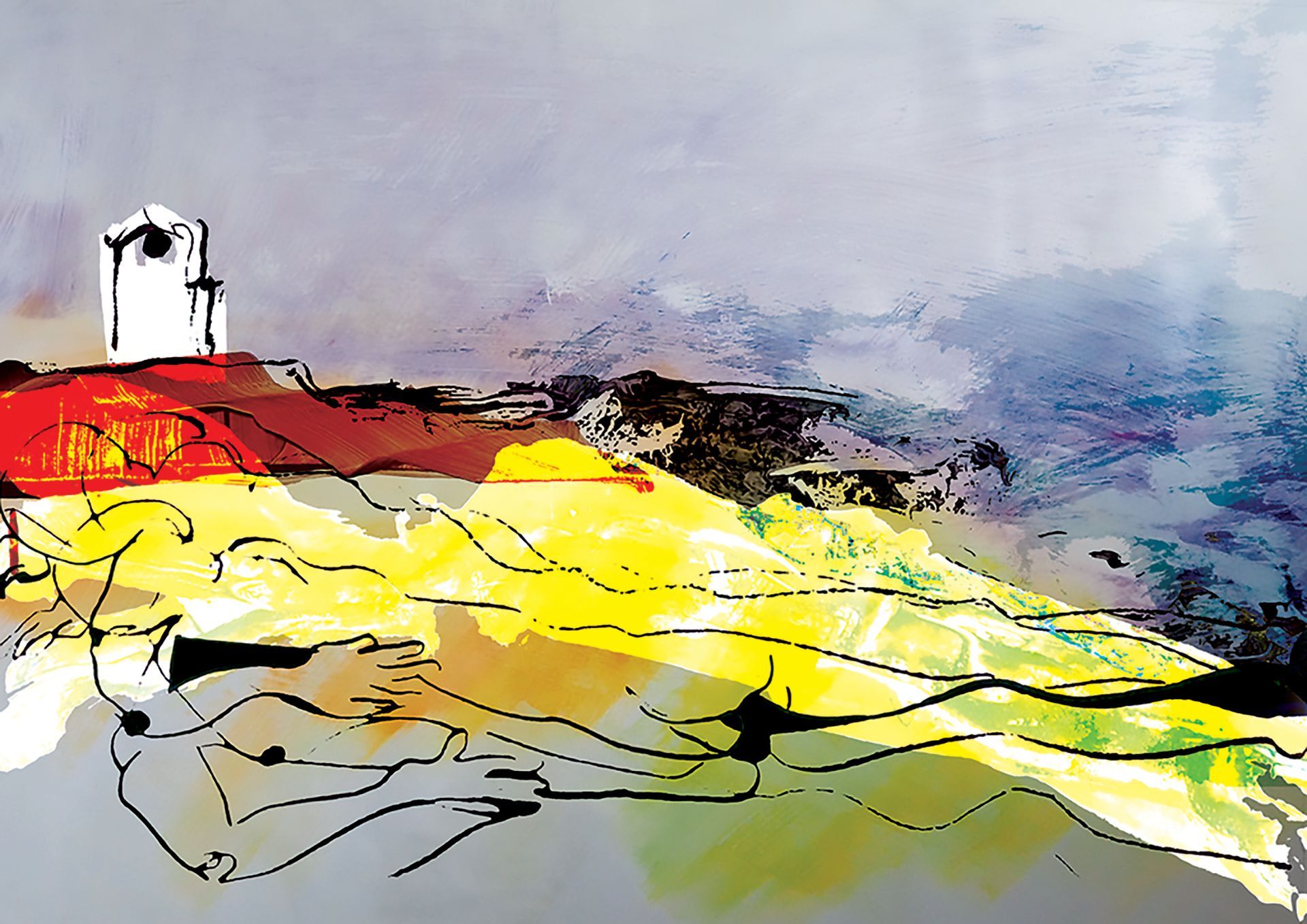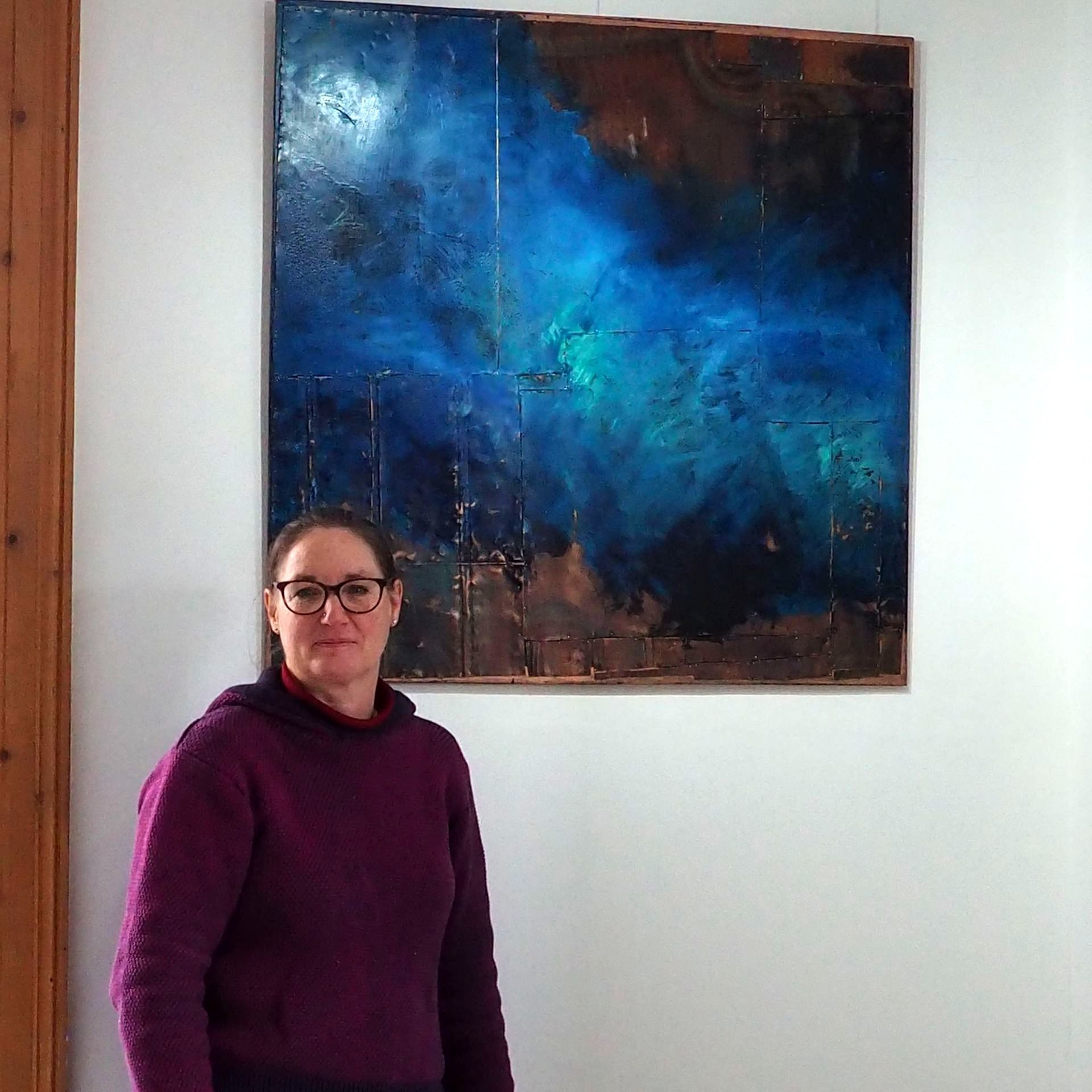The Eroding Canvas
Imposter Syndrome Amidst Art's Diminished Value in Society
In a landscape where art's value appears to erode, Sarah Macdonald's retrospective exhibition, "Archival," offers a sobering reflection not just on her artistic journey but also on the struggles faced by artists in a society that seemingly underestimates the significance of their work.The current climate for the arts sector in the UK is marked by formidable challenges—budget cuts and dwindling support threaten the very foundation of creative expression. These challenges cast a shadow on the essential role of art in fostering creativity, preserving well-being, and contributing to societal growth.
"Archival" surfaces against this backdrop of adversity, serving as a poignant testament to the fragility of artistic endeavours. In a society where the intrinsic importance of art often fades into the background, this exhibition becomes a poignant moment for introspection, inviting contemplation on the broader implications of undervaluing creativity and its profound impact on societal norms.
The struggles of the arts sector lay bare a disheartening reality—a decline in creativity, compromised well-being, and the loss of considerable revenue that a thriving art scene could generate. Amidst these challenges, it's no wonder that artists grapple with imposter syndrome—a haunting feeling of inadequacy in a society that overlooks their invaluable contributions.
In this unforgiving environment, the prevalence of imposter syndrome among artists becomes a stark reflection of the discord between societal appreciation and the intrinsic value of artistic expression. The struggle to find validation in a society that overlooks the transformative power of art only exacerbates the internal battle for recognition and acceptance.
As visitors traverse "Archival," they're not merely witnessing an artist's retrospection; they're witnessing the silent struggle and resilience.
